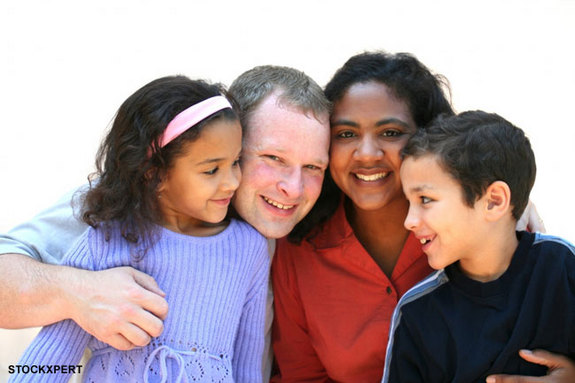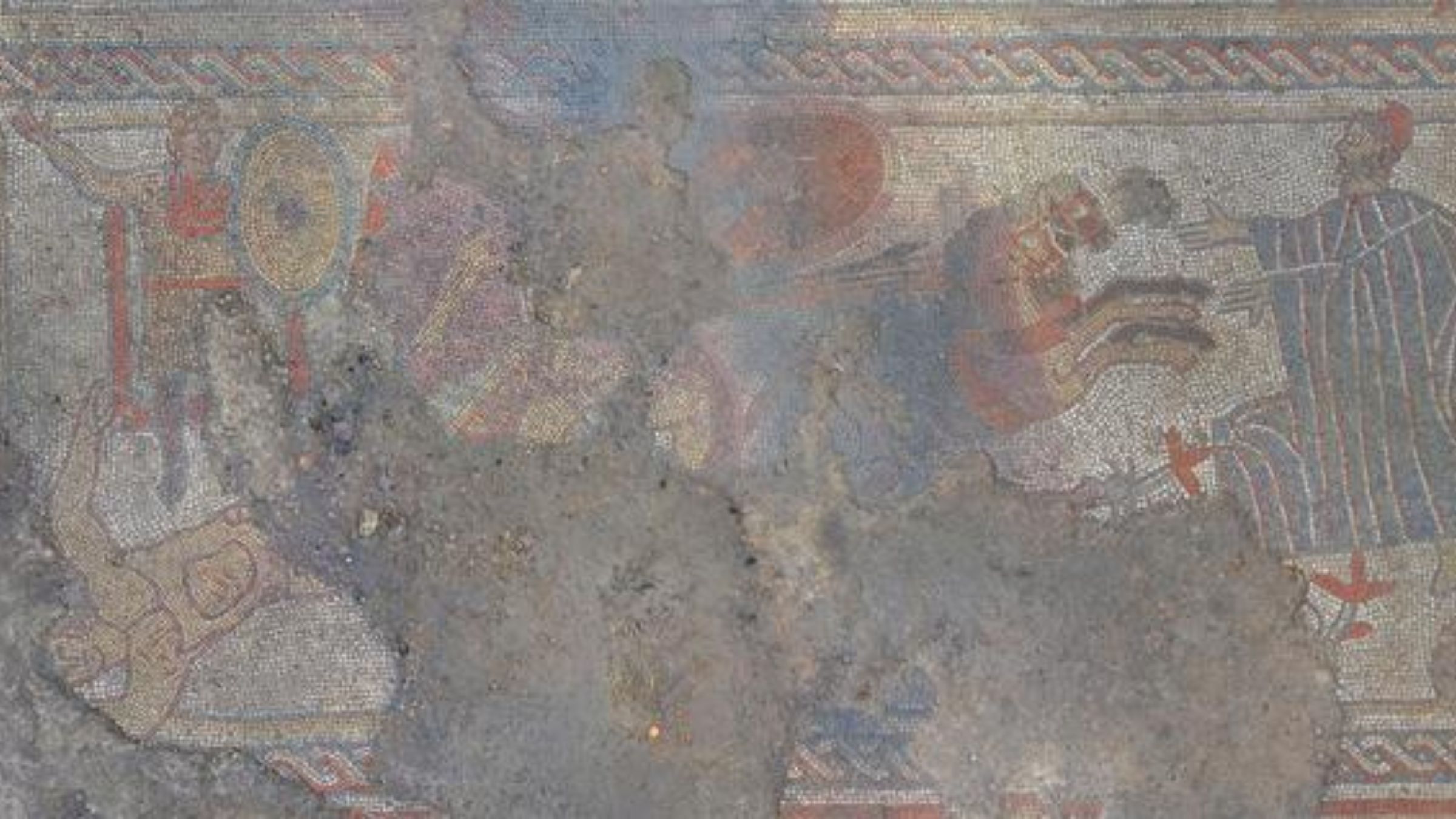Anti-Prejudice Campaigns Can Increase Bias

Campaigns to reduce prejudice may backfire if they take the bossy approach and tell people what to do, new research indicates.
In experiments, researchers looked at two different approaches to persuading people to reduce prejudice. One type, the controlling approach, tells people what they should do, while the second explains the advantages of being non-prejudiced. They found that participants responded much better to the second approach; meanwhile, the controlling approach actually increased prejudice.
Lisa Legault, a study researcher from the University of Toronto Scarborough, explains why:
"Controlling prejudice reduction practices are tempting because they are quick and easy to implement. They tell people how they should think and behave and stress the negative consequences of failing to think and behave in desirable ways," Legault said. "But people need to feel that they are freely choosing to be non-prejudiced, rather than having it forced upon them."
Researchers tested the controlling versus explanative approaches using brochures on a new anti-prejudice campaign as well as a questionnaire designed to stimulate personal or controlling motivation in the reader. In both cases, they found that participants exposed to the controlling messages showed more prejudice afterward than those who received the explanative messages or none at all. [I Feel Your Pain Unless You Are From A Different Race]
The study appears in an upcoming issue of the journal Psychological Science.
You can follow LiveScience writer Wynne Parry on Twitter @Wynne_Parry. Follow LiveScience for the latest in science news and discoveries on Twitter @livescience and on Facebook.
Get the world’s most fascinating discoveries delivered straight to your inbox.



